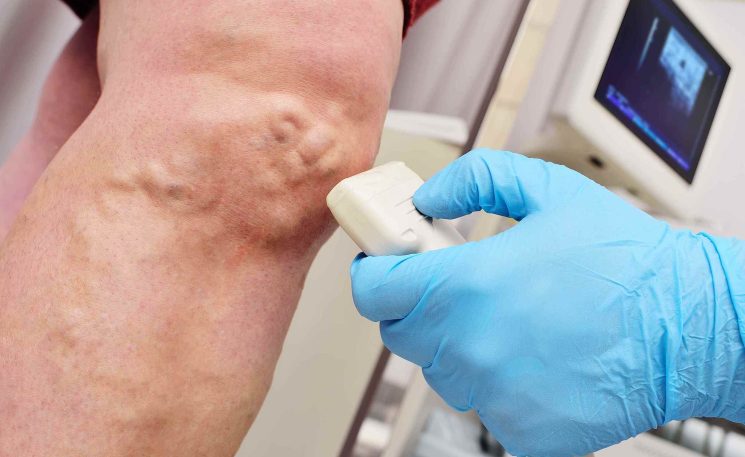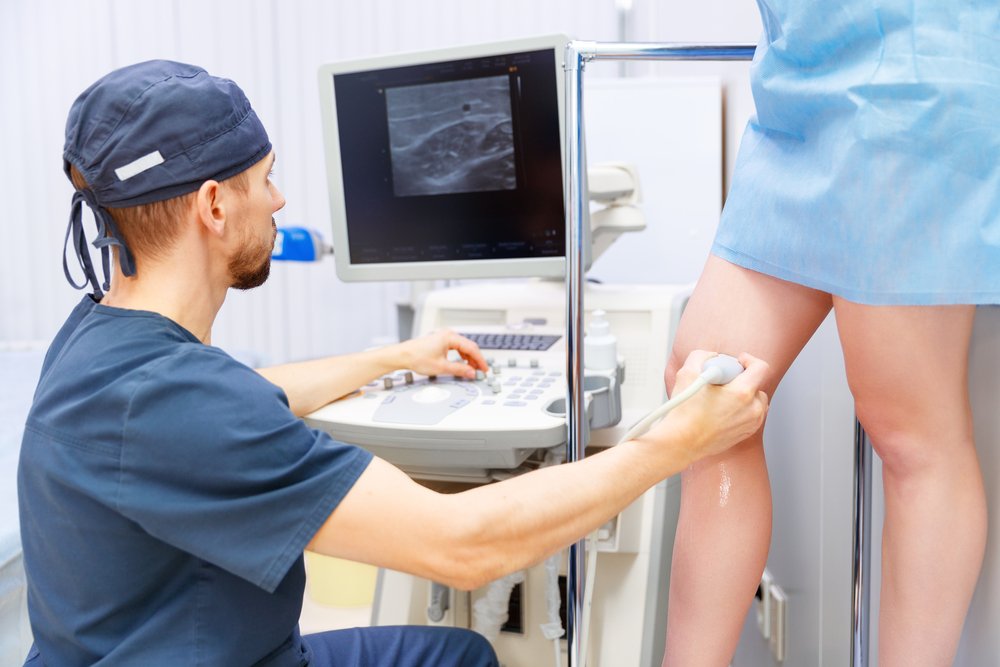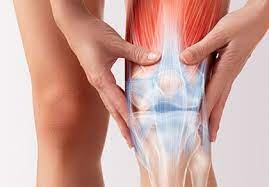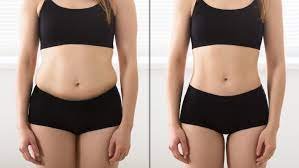Who Has More Chance Of Developing Varicose Veins?
Anyone can develop varicose veins. Some factors, such as the following, make varicose veins more prone to create:
- Age: As we age, the walls and valves of our veins stop working as well as they once did. Veins become less flexible and more rigid.
- Gender: Women’s hormones might cause the vein walls to enlarge. Varicose veins often occur in pregnant women taking birth control tablets or going through menopause because of changes in hormone levels.
- Family history: Given the family history of the condition (runs in families).
- Lifestyle: Extended sitting or standing lowers circulation. Wearing tight clothing, such as girdles or pants with tight waistbands, might reduce blood flow.
- Overall health: Some medical conditions, like acute constipation or certain types of cancer, increase the pressure in the veins.
- Tobacco usage: Varicose veins are more common in those who use tobacco products.
- Obesity: Carrying too much weight puts pressure on blood arteries
How do vein specialists diagnose varicose veins?
Varicose veins are placed on the surface of your skin and are noticeable. Medical practitioners can find the problem during a physical examination by feeling your veins and inspecting them when sitting and standing. Your vein specialist could suggest obtaining an ultrasound to study detailed images of your veins and check for problems. This risk-free, painless test uses sound waves to produce images of the tissues inside your body. On ultrasounds, you can see blood clots and the health of your valves.
What specialist is involved in varicose vein treatment?
What Kind of Doctor is a Vein Specialist? If you have varicose veins, visit a vein specialist like a surgeon or vascular medicine specialist. These medical practitioners are specialists in blood vessel illnesses. A dermatologist, a medical specialist specializing in skin conditions, is another option.
Procedures and surgical interventions
One element of medical treatment for varicose veins is removing or sealing the veins. Following varicose vein removal or closure, blood flows typically as it passes through other veins. You might be treated with one or more of the below-listed procedures. The bulk of these therapies frequently results in minor side effects, including bruising, swelling, skin discoloration, and mild pain. The vein-stripping and the ligating process are what cause the severe adverse effects. Despite its rarity, this procedure poses the risk of infection, severe discomfort, and scarring.
What do you mean by sclerotherapy?
For endoscopic vein surgery, your doctor will make a tiny skin incision near a varicose vein. Next, they insert a small camera connected to a little tube into the vein. A surgical tool attached to the end of the camera is used to close off the vein. Endoscopic vein surgery is frequently only used chiefly in severe cases where varicose veins are causing skin ulcers. You can start where you left off a few weeks following the therapy.
Conclusion
The above-provided details and information will help you learn some beneficial details regarding varicose vein specialists and treatment. For more informative facts and details, please visit veintreatmentnyc.com.
- Share

YOU MIGHT ALSO ENJOY
What Kind of Doctor Treats Varicose Veins?
Stephen Romero - June 5, 2023
How To Prevent Knee Pain & Injuries?
Stephen Romero - June 3, 2023
What is Liposuction and the Risks Associated With It?
Stephen Romero - May 30, 2023
search
stay in touch
To be updated with all the latest news, offers and special announcements.

must read
Navigating the Journey: Finding the Best Immigration Consultants in Qatar
Stephen Romero - July 20, 2024
How Does Span Length Impact the Choice of I Beam Size in Construction?
Stephen Romero - July 18, 2024
Mastering Music Theory: Essential Music Textbooks and Music Theory Sheets
Stephen Romero - July 13, 2024
recent post
ARCHIVES
- July 2024 (10)
- June 2024 (11)
- May 2024 (31)
- April 2024 (15)
- March 2024 (19)
- February 2024 (6)
- January 2024 (7)
- December 2023 (11)
- November 2023 (1)
- July 2023 (13)
- June 2023 (21)
- May 2023 (27)
- April 2023 (23)
- March 2023 (16)
- February 2023 (31)
- January 2023 (26)
- December 2022 (11)
- November 2022 (12)
- October 2022 (11)
- September 2022 (11)
- August 2022 (14)
- July 2022 (13)
- June 2022 (19)
- May 2022 (17)
- April 2022 (10)
- March 2022 (12)
- February 2022 (8)
- January 2022 (9)
- December 2021 (19)
- November 2021 (4)
- October 2021 (6)
- September 2021 (4)
- August 2021 (4)
- July 2021 (10)
- June 2021 (6)
- May 2021 (2)
- April 2021 (2)
- March 2021 (45)
- August 2020 (31)
- July 2020 (30)
- June 2020 (29)










